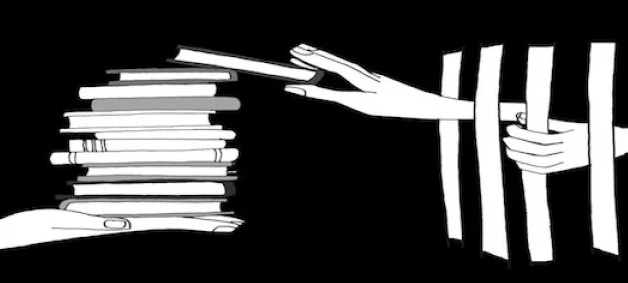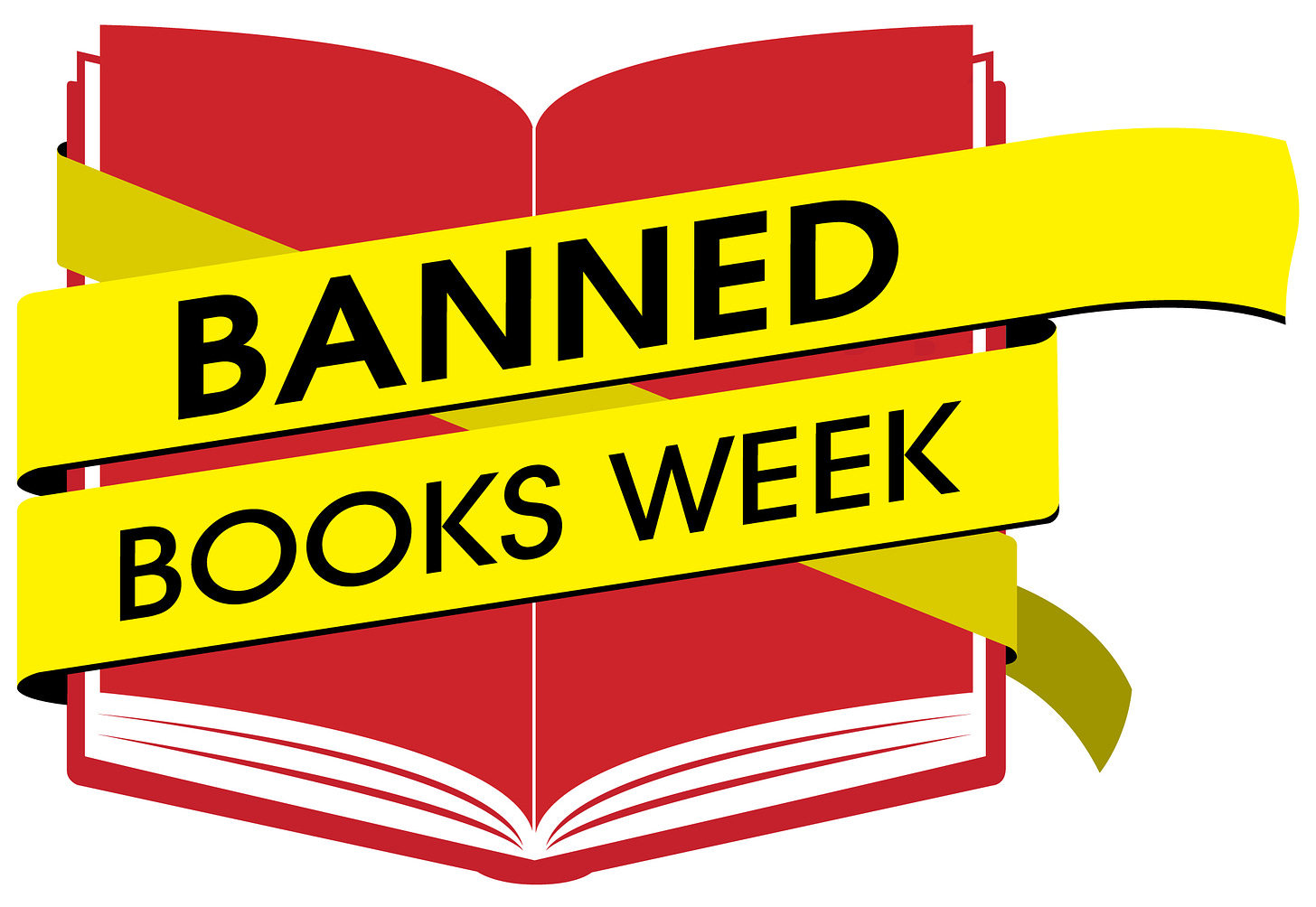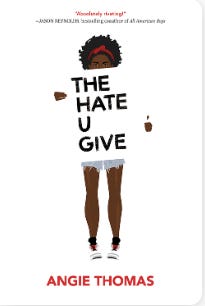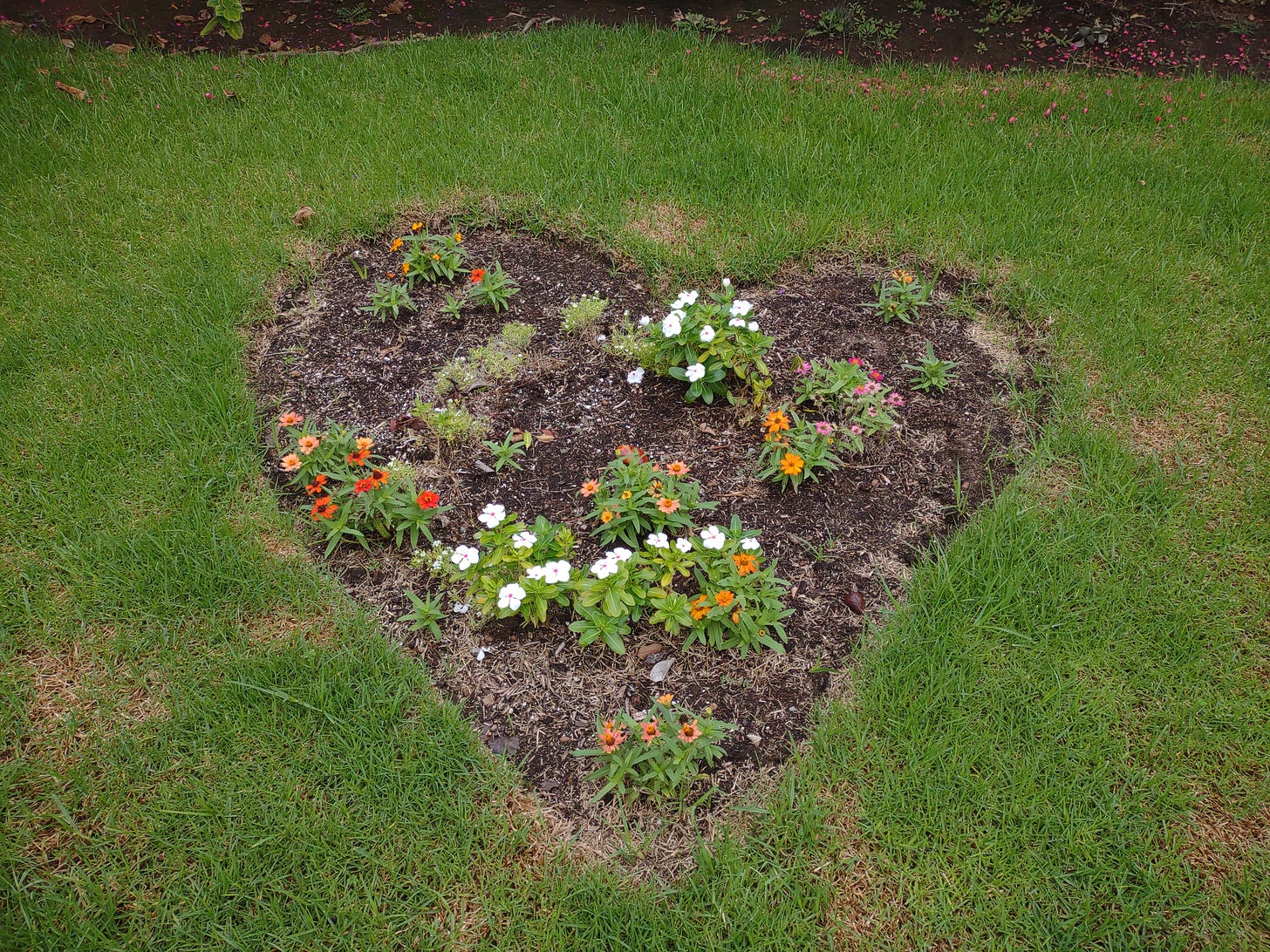Before we begin…
Can you think of some good reasons for banning or controlling access to some books? Who should decide? Have you ever found yourself caught up in a debate or wondering for yourself whether or not a book should be restricted or banned? And why on earth were Twelfth Night and A Wrinkle in Time, and Shel Silverstein banned back in 1996 and 1997?
Welcome! You’ve reached Spark. Learn more here or just read on. If you received this from a friend, please join us by subscribing. It’s free! All you have to do is press the button below. If you have already subscribed, welcome back! This is a free newsletter but we still want and need your support: if you see something you like, please hit that heart so others can find us more easily and please share Spark with a friend and ask them to subscribe. BTW, If this email looks truncated in your inbox, just click through now so you can read it all in one go.
Is This a Strategy To Make Kids Read?
Last March we shared our experiences with banned books, “Forbidden Fruit.” This week, I’d like to go deeper as we enter Banned Books Week, an annual event sponsored by the American Library Association (ALA) which informs us that the number of book challenges in public spaces has reached “uprecedented.’ levels and reflect “national efforts to silence marginalized or historically underrepresented voices and deprive all of us – young people, in particular – of the chance to explore a world beyond the confines of personal experience.”
Here is this year’s list of the ten most challenged books, according to the ALA (you can find descriptions of them all by clicking here):
Gender Queer by Maia Kobabe
Lawn Boy by Jonathan Evison
All Boys Aren’t Blue: A Memoir-Manifesto by George M. Johnson
Out of Darkness by Ashley Hope Perez
The Hate U Give by Angie Thomas
The Absolutely True Diary of a Part-Time Indian
Me and Earl and the Dying Girl by Jesse Andrews
The Bluest Eye by Toni Morrison
This Book is Gay by Juno Dawson
Beyond Magenta: Transgender Teens Speak Out by Susan Kuklin
Most of the challenges have come from parents or organizations of parents who view these books as inappropriate or damaging in some way to their children or to “people of any age.” Most of the books on this list have teenage protagonists and the nonfiction books offer insights of former teens who are now adults.
So, basically, it’s about the kids.
I get it, in a way. When my son was not quite thirteen, he and his friends sneaked into The Accused, the R-rated film starring Jody Foster based on a real-life gang rape of a waitress in a New Bedford, MA bar.
Was I thrilled with this? No, I was not. As for my son, he immediately regretted telling me about it that night because it triggered one of those mother-son “talks” he claimed to dread. Still, there was a reason he’d let it slip. He was confused. His need to ask questions outweighed whatever repercussions might follow. So we talked. At a much earlier age than I’d anticipated, I was telling him that even a laughing “no” meant no, that when a woman was drunk or impaired in any way, the answer was no, that he would always be responsible for his own decisions and actions and that he would have to live with those for the rest of his life. It was a conversation we had a few more times and, each time, he understood more and I learned more – about him and about myself. In the end, I was grateful and aware that we might never have had these conversations if he hadn’t sneaked around the barriers that both the Motion Picture Association and I set up to protect him/us. [I wrote a widely-shared post about this in 2018 on Facebook if you are interested.]
Our Fears Cost Us
We hear a lot about the fears of parents and other adults when it comes to certain books and material. We hear far less about what it costs our children, us as parents, and the community at large when we give into our fears and default to protection mode by limiting the books students can access in schools or public libraries. Think of all the conversations that fail to happen or the unexpected opportunities for adults and children to get uncomfortable with each other and then learn something together. I appreciate how this “counterpoint” statement associated with the site of Anderson One School District in Greenville, SC acknowledges that parents should have a strong voice in what schools and public libraries provide to their children, but asks each of us to “ponder” what that might look like.
“... However, it is important that censorship is treated as a process through which parents can determine which books their children should be exposed to, rather than a tool to eliminate the open exchange of ideas. Open debate within communities addressing censorship can help by exposing cases motivated by bigotry and ignorance. Such debates will provide a healthier environment for diversity and education than an unchallenged system that is entirely permissive. The topic of censorship itself should continue to be discussed in public forums, particularly in light of recent restrictions on civil liberties.” - From “Book Censorship Counterpoint”
The unnamed author of the paper offers four questions to consider. I’m sharing them here because I’d love to hear your thoughts on them.
1. What is the primary argument this author makes in favor of book censorship? What aspects of the author's argument could an opponent of banning books make in response?
2. Do you believe parents reserve the exclusive right to teach their children about topics like homosexuality, sexual behavior, or alcohol and drug use? Why or why not?
3. Do you agree with the author's assertion that parents should examine the books they intend to bar their children from reading? What if the parent is extremely opposed to the subject in question?
4. In your opinion, can limited censorship coexist with intellectual freedom? Why or why not?
It’s troubling that a growing number of those seeking to remove the offending books haven’t read them themselves. Also troubling is what the ALA refers to as coordinated “national efforts” by organizations with agendas that go beyond the children or parental rights. Among those are organizations like Moms for Liberty which reportedly receives significant funding from political organizations.
What are adults who challenge books most afraid of, the ideas contained within them, erosion of parental rights, or losing the next election? Publishers sure don’t care; every time a book is banned, its sales increase. Banning a book makes it instantly more attractive. Someone is reading the books on the banned lists and your child, grandchild, niece or nephew is probably one of them.
No book ban will keep a motivated reader from a book. And that’s a good thing.
“That's the problem. We let people say stuff, and they say it so much that it becomes okay to them and normal for us. What's the point of having a voice if you're gonna be silent in those moments you shouldn't be?”
― Angie Thomas, The Hate U Give
See For Yourself What The Fuss is About
Check Out a Banned Book Week Event.
The ALA is sponsoring a host of activities and events this week including online events that let everyone in on the discussion. Check out this list of talks featuring Angie Thomas (The Hate U Give), Honorary Chair George M. Johnson (Not All Boys Are Blue: A Memoir-Manifesto) and Maia Kobabe (Gender Queer).
Check out what is going on at your public library. Here in San Diego, for example, there are all kinds of events happening including two online events you can access even if you live far far away.
Win a Banned Book
Here’s your chance to win a banned book to read, give as a gift to a special someone, or donate. I will draw a name from among everyone who comments on this post or responds to me by email by Friday, September 23 at 8 AM Pacific Time. The winner will get her/his/their pick from any of the lists below.
The Insider Prize: More Stories From Behind Bars
These stories are not banned but the authors wrote them while living, or trying to, behind bars in Texas. They are the winners of this year’s Insider Prize, a contest sponsored by American Short Fiction selected by essayist Lauren Hough (Leaving Isn’t The Hardest Thing). The pieces, an essay by Michael John Wiese and the other, a short piece of speculative fiction by David Antares with “elements of Kurt Vonnegut,” are must-reads. You can find them both in one spot right here.
If you’d like to find more stories from behind bars, check out this issue of Spark from April: “Stories Can’t Be Locked Up.”

Welcome New Subscribers!
Welcome to each and every new person who has joined us in the past week. It’s thrilling to find so many new folks on board each day. If you would like to check out past issues, here’s a quick link to the archives. Be sure to check out our Resources for Readers and Writers too. And help us spread the word by sharing Spark with your friends. Oh, you can find most of the books discussed here on the Spark Community Recommendations Page of bookshop.org where each sale supports local bookstores and generates a commission that right now is too small to even mention but if it ever gets any bigger, we will decide how to spend it together.
That’s it for this week. Let me know you are and what you’re reading. If there’s an idea, book, or question you’d like to see in an upcoming issue of Spark, let us know! Use the comment button below or just hit reply to this email and send your message directly.
And remember, If you like what you see or it resonates with you, please share Spark with a friend and take a minute to click the heart ❤️ below - it helps more folks to find us!
Ciao for now.
Gratefully,
Betsy
P.S. And now…your moment of Zen: An Autumn Valentine
Calling for Your Contribution to “Moment of Zen”
What is YOUR moment of Zen? Send me your photos, a video, a drawing, a song, a poem, or anything with a visual that moved you, thrilled you, calmed you. Or just cracked you up. This feature is wide open for your own personal interpretation.
Come on, go through your photos, your memories or just keep your eyes and ears to the ground and then share. Send your photos/links, etc. to me by replying to this email or simply by sending to: elizabethmarro@substack.com. The main guidelines are probably already obvious: don’t hurt anyone -- don’t send anything that violates the privacy of someone you love or even someone you hate, don’t send anything divisive, or aimed at disparaging others. Our Zen moments are to help us connect, to bond, to learn, to wonder, to share -- to escape the world for a little bit and return refreshed.
I can’t wait to see what you send!







As someone brilliant said, "If you’re afraid that books might change someone’s thinking, you’re not afraid of books, you’re afraid of thinking." And there we have it.
My parents were avid readers. We were poor and had few amenities (no running water, no indoor plumbing, etc), but we had a bookcase and we filled it with books we found in the town dump. No book was denied me. I read The Well of Loneliness at age 10. I read books by Erskine Caldwell, Zane Grey, and Pearl S. Buck. I read textbooks before I started school at age 5. Books were my window to the world ... we did not have television.